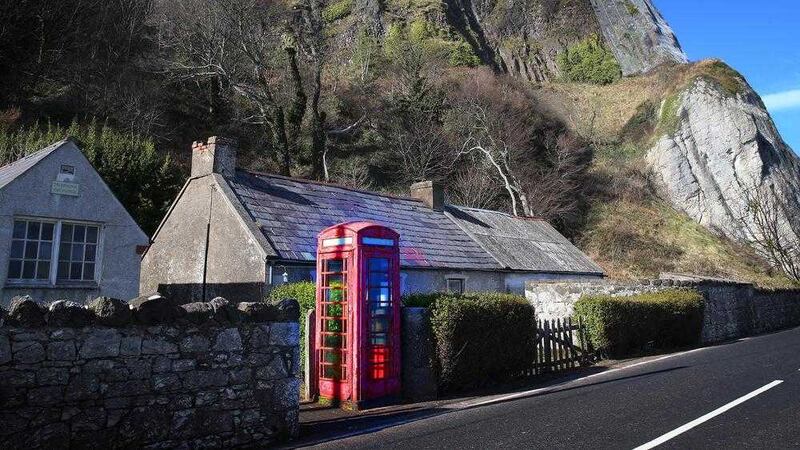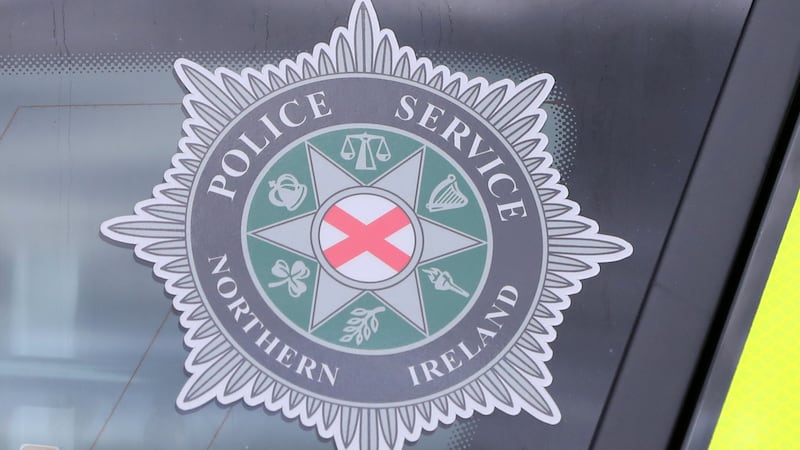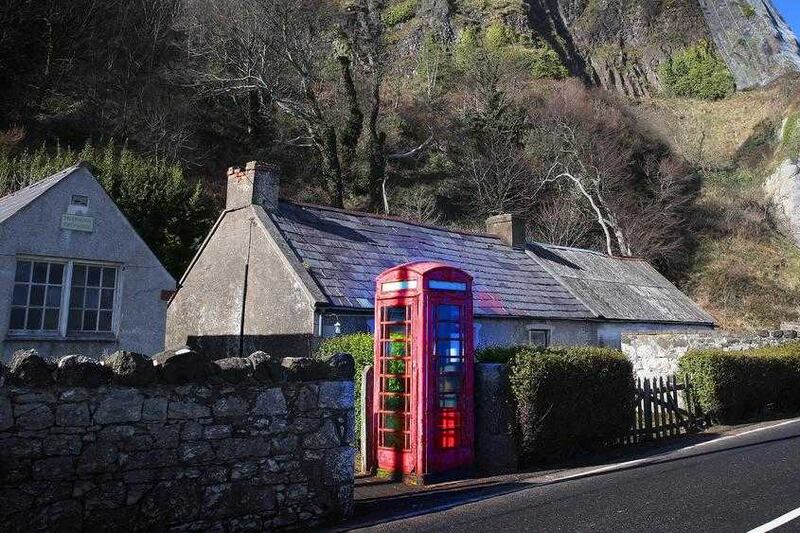MORE than 100 phone boxes in Northern Ireland went completely unused last year.
There are still 1,349 working pay phones across the north, around 450 more than in the Republic.
The Commission for Communications Regulation in the south recently launched a consultation on the future of public phones.
It also published a review of the thresholds for retaining telephone boxes.
In 2009 the Eir company cut the number of phone boxes from 3,500 to just over 1,500 but now there are just under 900 left.
Phone boxes are also being removed across the UK as usage has fallen.
However, BT insisted they will not be completely removed from service.
A spokesman said: "There are no plans to phase out public telephones in Northern Ireland. But we’ll continue to reduce the numbers of our phone boxes in all parts of the United Kingdom as calls continue to decline."
Figures obtained by the Irish News show that on average calls from phone boxes have been declining by an average of 20 per cent year on year across Britain and Northern Ireland.
Of the 1,349 boxes left in Northern Ireland, 201 are red boxes.
The most used is at an unspecified location in Belfast, while at 125 boxes across the north no call was made in the last 12 months.
Almost 80 of these were red boxes.
BT introduced an 'Adopt a Kiosk' scheme in 2008 in response to requests from local councils and residents.
It allows a community to retain its red BT phone box, with the telephone taken out, by buying the kiosk for just £1.
More than 3,000 kiosks have been adopted in the UK and are put to alternative uses such as housing for defibrillators, community notice boards, book exchanges and even miniature art galleries.


